
Voice Assistant - Just use your voice instead of typing
Business and Productivity
App
Voice Assistant is on SALE with 50% off today with AppGratis Amazing new features now search on...
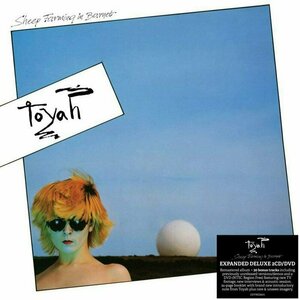
Sheep Farming in Barnet by Toyah
Album
Cherry Red Records is delighted announce the long-awaited newly remastered and expanded deluxe...
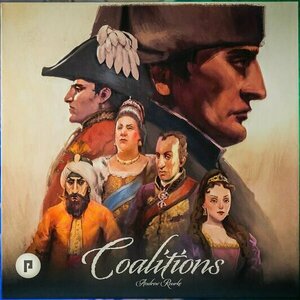
Coalitions
Tabletop Game
Coalitions is based on the series of conflicts known as the Revolutionary and Napoleonic Wars....
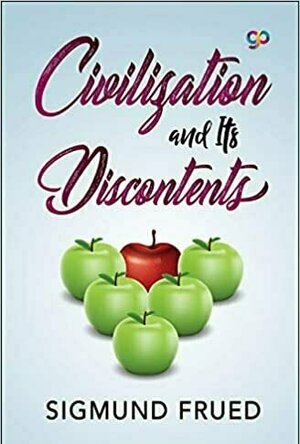
Civilization and It's Discontents
Book
Civilization and Its Discontents' is one of the last of Freud's books, written in the decade before...
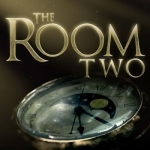
The Room Two
Games
App
WARNING: Due to heavy graphics requirements, The Room Two is only compatible with the iPhone 4S &...

LEGO® MINDSTORMS® EV3 Programmer
Entertainment and Education
App
Bring your LEGO® MINDSTORMS® EV3 robots to life! This is the official LEGO MINDSTORMS EV3...
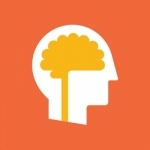
Lumosity - Brain Training
Education and Health & Fitness
App
Used by over 85 million people worldwide, Lumosity offers a comprehensive brain training program...
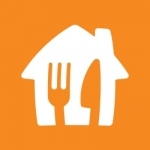
Lieferservice.at
Food & Drink and Lifestyle
App
Order food online with your iPhone or iPad using the Lieferservice.at app. Super easy! Are you...

PRANK ME! 2 Trick Your Friends for iPhone & iPod touch
Catalogs and Productivity
App
*********************************** LAUNCH SPECIAL: $1.99 CENTS!! GET IT NOW BEFORE THE PRICE GOES...

busuu - Learn Languages
Education and Travel
App
Join 70 million busuu users waiting to help you learn a language! Become a member of the busuu...